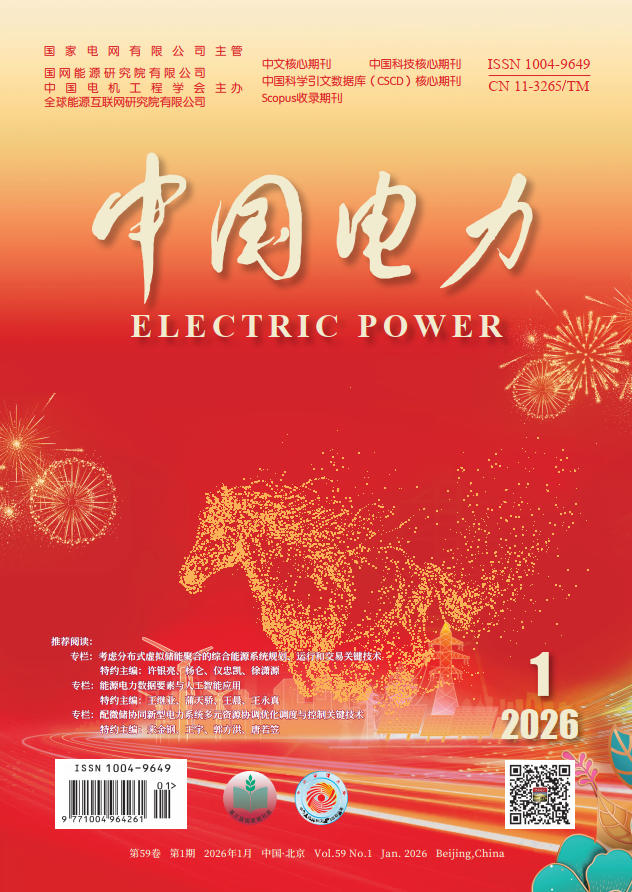Publication Ethics
-
Academic ethics are the necessary fundamental principle of research and the foundation for scientists’ and engineers’ reputation. To promote academic integrity and publish high-quality scientific works, Electric Power issues the following Publication Ethics and Malpractice Statement about the expected ethical behavior for all parties related to Electric Power publication, including the author, the peer reviewer, and the Electric Power editor.
1. Publication and authorship
-
All the published papers should list the references and financial support according to Electric Power style.
-
Forbidden plagiarism and fraudulent data.
-
Forbidden to publish the same research in more than one journal.
-
Forbidden to publish the same research in different languages.
2. Author’s duty
-
riginal papers should report the work performed and the experiment data accurately, discuss its significance objectively, give experiment details enough to reproduce the research or experiment by others, and cite and list the references exactly according to the Electric Power requirement and Electric Power reference style.
-
Data access and retention: The raw data of the research should be available even after the paper’s publication for at least ten years.
-
Originality and plagiarism: Only entirely original papers can be submitted to Electric Power. All the work or words of others should be cited or quoted appropriately. Plagiarism and fraudulent date papers will not be considered for publication by Electric Power.
-
Multiple, redundant or concurrent publication: Papers should not be published in more than one journal. Submitting the same research in different languages and the under-review manuscripts to different journals are also unethical behavior, which are unacceptable by Electric Power.
-
Sign the Electric Power Copyright form and statement that all data in article are real and authentic.
-
Authorship of the paper: All authors should have significantly contributed to the research.
-
Participate in the peer review process
-
Disclosure and conflicts of Interest: All the financial support for the research should be disclosed.
-
All authors are obliged to provide retractions or corrections of mistakes.
-
Acknowledgement of sources
3. Reviewers’ responsibility
-
Judgments should be objective.
-
Reviewers’ views should be expressed clearly with supporting arguments.
-
Promptness is necessary. If the selected reviewer feels inadequate to review the paper or cannot promptly review the paper, the reviewer should inform the editor and drop out of the peer review process of the paper.
-
Reviewers should have no conflict of interest with respect to the research, the authors, and/or the research funders.
-
Reviewers should point out relevant published work which is not yet cited.
-
Reviewed articles should be treated confidentially.
4. Editorial responsibilities
-
Originality assessment: Editors must guarantee the originality of each paer by proper software,such as Wanfang and CNKI rechecking software.
-
Publication decisions: Editors have complete responsibility and authority to reject/accept an article. But this decision should only be based on the paper’s relevance to the journal’s scope and its academic quality, including the reviewers’ judgments, the research’s innovation, the experiment’s validity, etc. And only accept a paper when reasonably certain.
-
Confidentiality: Editors and the editorial staff should guarantee the confidentiality of the submitted papers which should be only disclose to the authors, the reviewers, the potential reviewers, the adviser from the Electric Power Editorial Committee, and the publisher if necessary before publication. And the submitted papers should not be used for the editors’ and the editorial staff’s own research without the authors’ written authorization.
-
Editors should have no conflict of interest with respect to articles they reject/accept.
-
Adhere to the double-blind review in the peer review process.
-
Preserve anonymity of reviewers.
-
When errors are found, promote publication of correction or retraction.
5. Publishing ethics issues
2021-07-15 Visited:
15734


